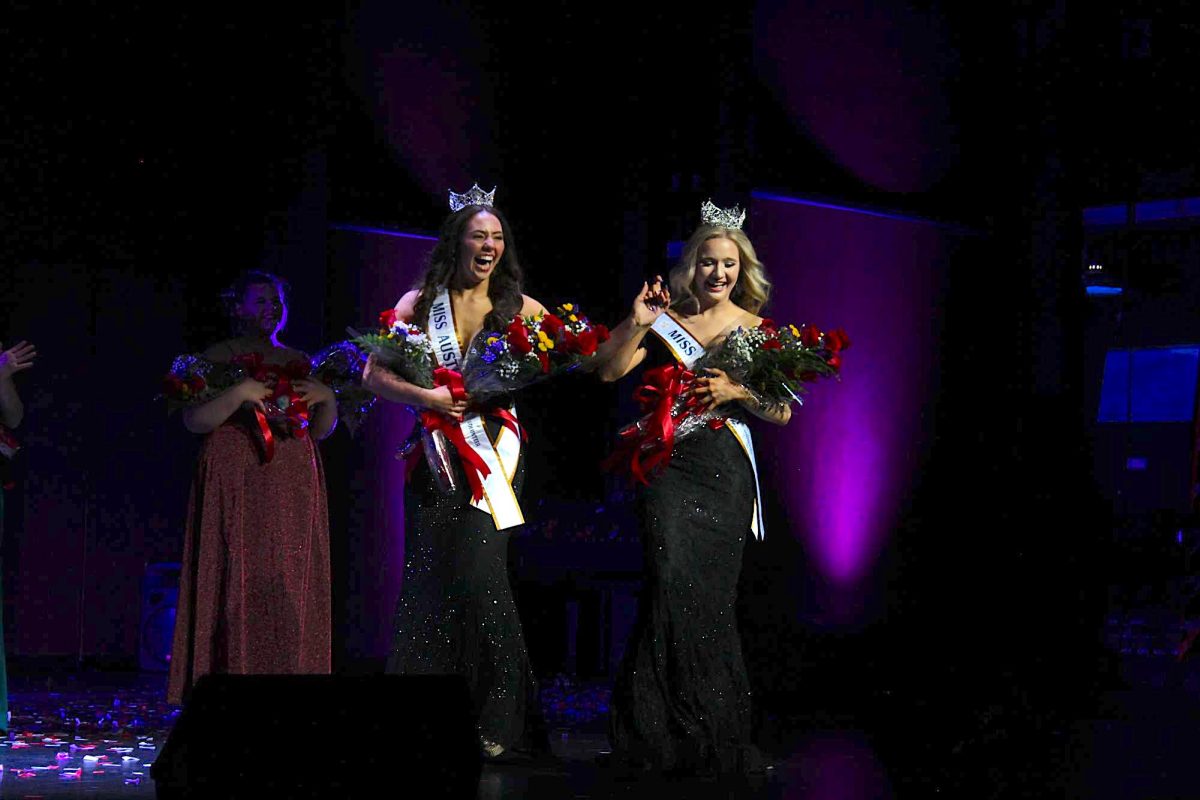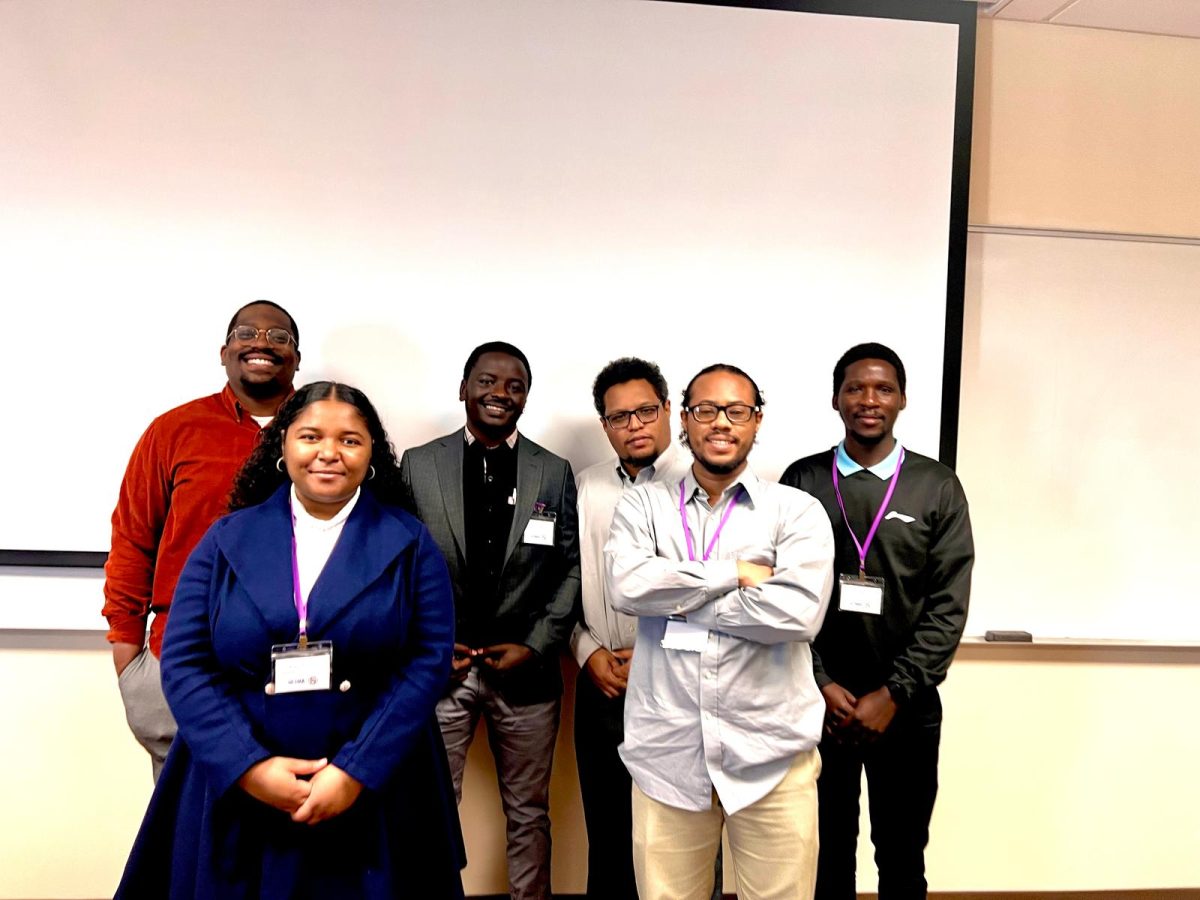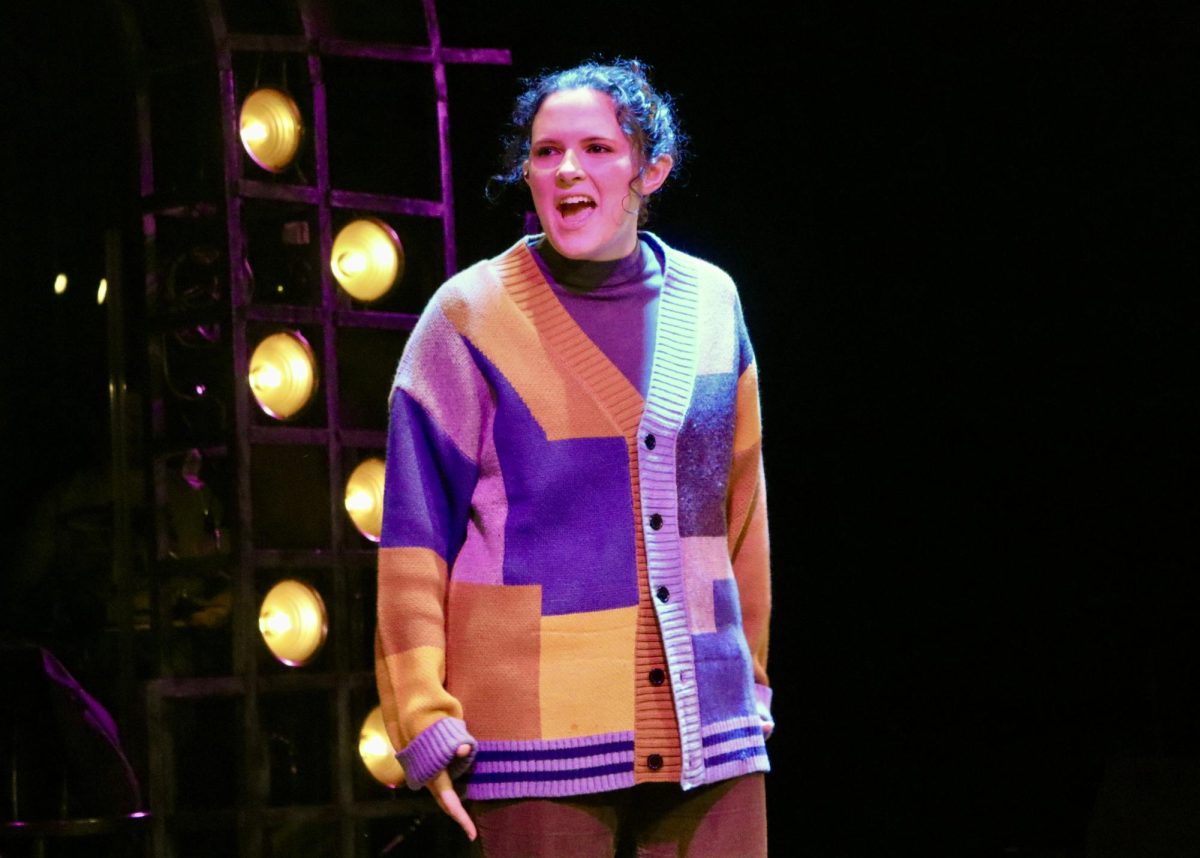19 years ago, the events of 9/11 changed the face of our nation and the way we live forever.
While a majority of APSU students are too young to recall this event, there are still some of us that remember it like it happened yesterday.
I was a 26-year-old soldier who had already been in the army for five years. My battalion, with the 10th Mountain Infantry Division, was deployed to Egypt for a peacekeeping mission during this time.
I had just finished a guard shift observing an airport, when I heard yelling exuding from the Dayroom, or common area where the television was.
As I ran into the room one of my fellow soldiers hollered out, “We’re under attack,” as we observed the second plane striking the other tower.
Other students can also remember exactly where they were during this emotional tragedy.
Courtney Heatherly, is a senior majoring in accounting for her second Bachelor’s Degree.
She was a 17-year-old high school junior in Russellville, Kentucky when she and her fellow classmates received the news over the intercom.
The teachers had turned the TVs on in the classrooms to get a better understanding of the situation. She and her classmates watched in horror as the second plane collided, live and in front of them.
Michael Spencer, who is also a senior and a Navy veteran, who is majoring in Sports Broadcasting was serving at Mayport Naval Station in Florida when it occurred.
He was in a physical therapy session when the commotion in the hallway caught his attention. It wasn’t until he left the hospital, and the base was locking down for security measures, that the reality of the situation truly hit him.
Another senior, and military veteran, Kerianna Kammer, a finance major, was deeply and personally affected by the disaster. She was only 10 years old and living just outside Washington D.C., because her father worked at the Pentagon.
She was so close to the pentagon that, “you could see smoke from it from my elementary school.”
“It wasn’t so much the event itself that held on to me, but more so, seeing my dad come home, change out of his Class B uniform into his BDUs (Battle Dress Uniform, or camouflage) where he then went to drag bodies out of the rubble,” Kammer said.
This disaster transpired during an era prior to everybody carrying around a cell phone. There were a few people that had them, but they weren’t nearly as commonplace as they are today, and they didn’t have anything like the capabilities available now.
Heatherly explained that everyone was left, “in shock and there was mass confusion.” The teachers had turned off the televisions when they realized the magnitude of the situation.
“This hurt us more because they turned off communications,” Heatherly said.
Once the chaos slowly began to settle one important detail that Spencer observed were the signs of patriotism all around him. American flags seemed to have appeared everywhere before his eyes. He didn’t know if people all of a sudden went out and bought them to show their pride, or if they’d always been there and he was just now noticing.
The horrendous events from that day made lasting impressions on everyone who witnessed it and changed the lives of all of us.
“After that day the National Anthem had a more significant meaning,” Spencer said.
It didn’t matter who a person was or where they came from; It wasn’t about race, religion, color, or creed; at that point, accoridng to Spencer.
“It was all about being an American,” Spencer said.
Heatherly felt that during that time “everybody bound together.”
Kammer, who has always been a patriot, felt that it was her duty to do something about it when she was old enough. She became an Intelligence Specialist for the U.S. Army and served for nearly six years.
“As a military brat and a veteran, all I’ve ever known is this war on terror.” Kammer said. “It’s been practically my whole life.”
Nearly two decades have passed since that fateful day. Though the younger generations are too young to recollect this history, there are some of us who will never allow those memories to fade.







